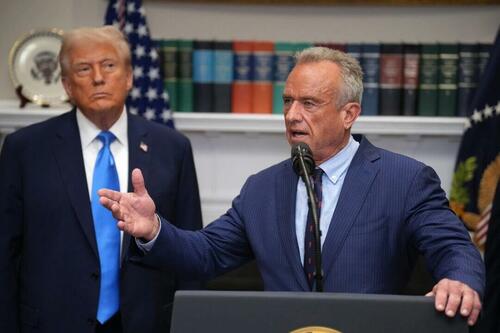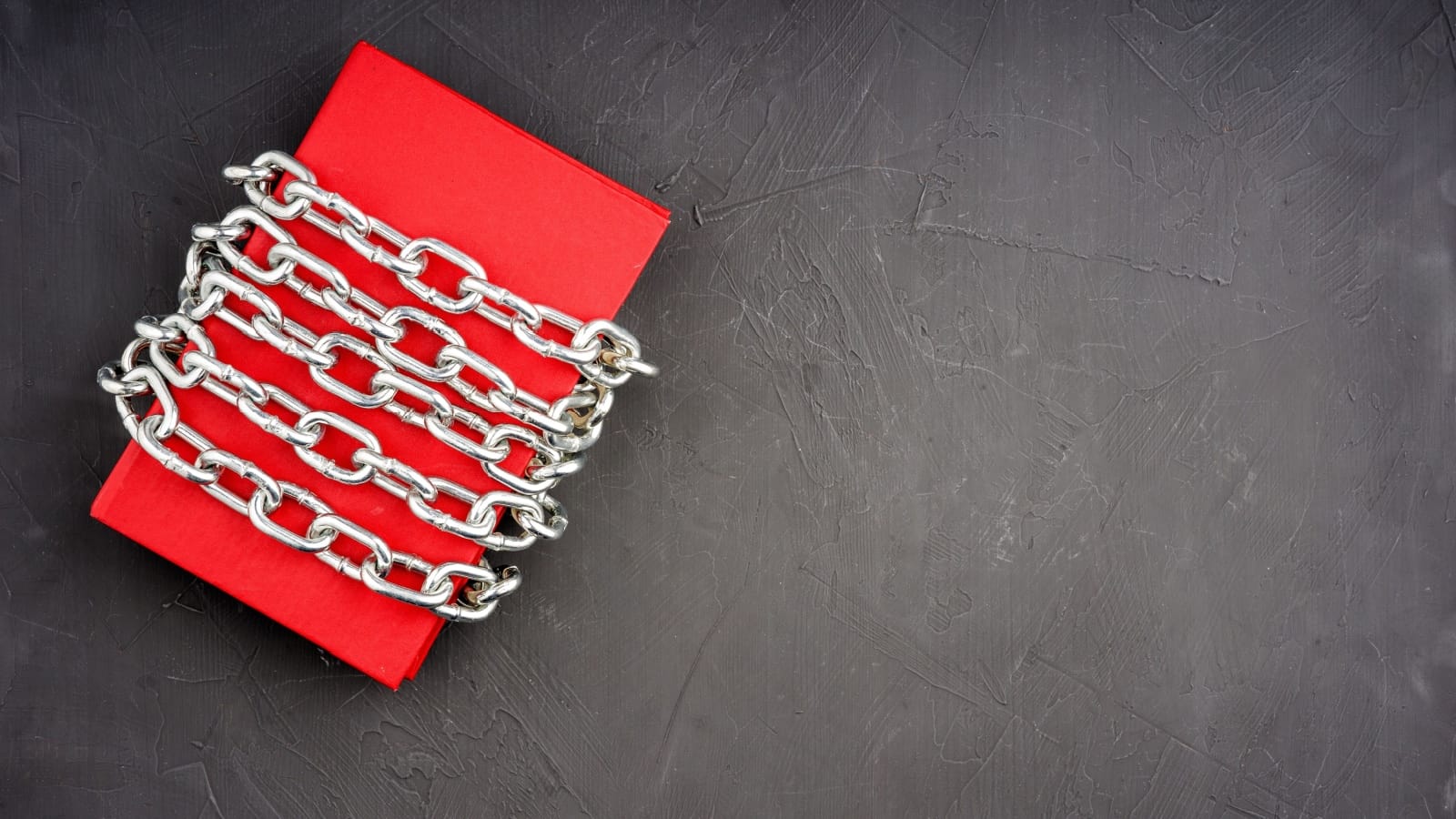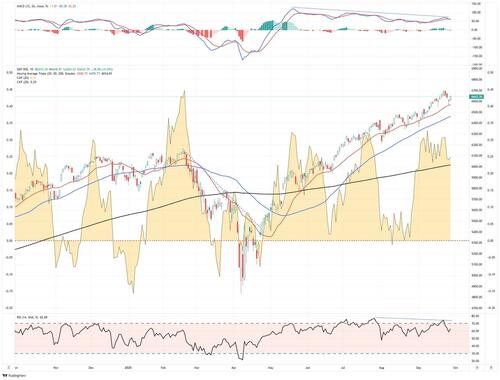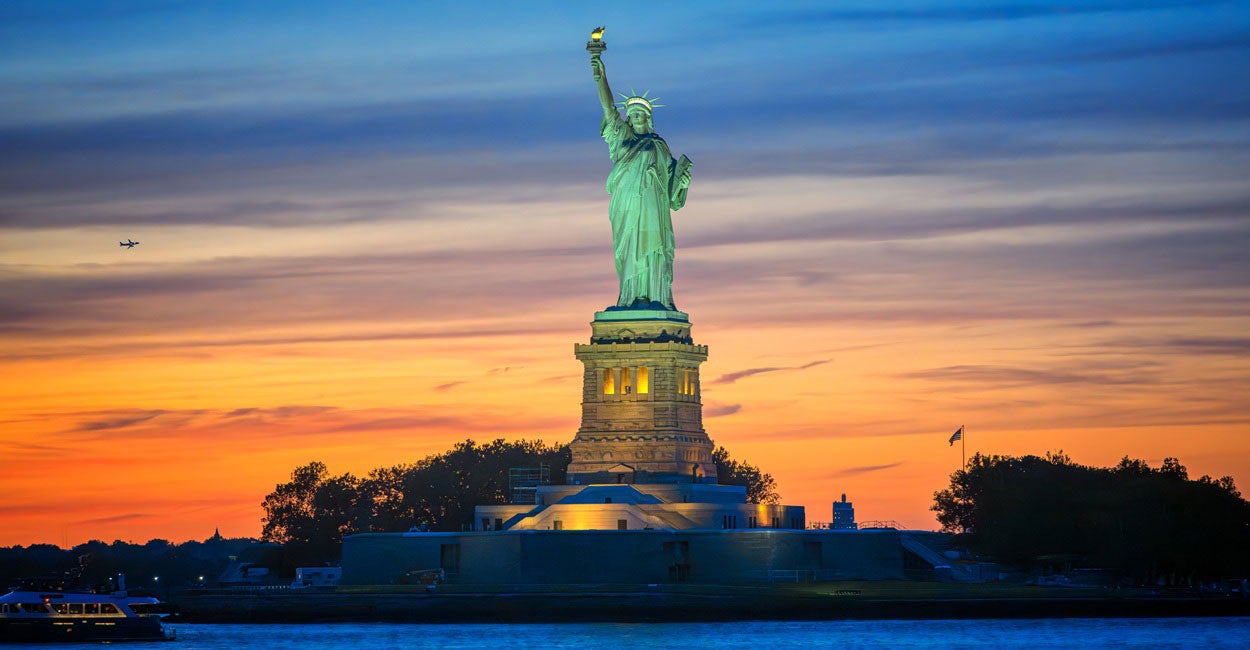The Exaltation of the Cross

You can be pretty sure you’re doing something right when a coalition of the great and the good is assembled to complain about it.
Following the happy coincidence of the Catholic feast day of the Exaltation of the Cross with the Unite the Kingdom march in central London, when the cross was exalted – mainly in the form of our national flag – by as many as 150,000 people, national church leaders across the denominations have queasily condemned the patriotic event in an open letter, as reported in the Times. Signatories include the bishops of five English dioceses and Lord Williams, the former Archbishop of Canterbury.
While prefacing their objections in the letter with warm words about freedom of speech and the right to protest, the clerics soon reveal some rather worldly political prejudices – prejudices that are likely to put them more and more out of touch with the faithful as time goes by.
It won’t come as a surprise to readers of the Daily Sceptic that what matter most to our church leaders are the secular pieties of diversity and inclusion. You can say what you like about the actual teachings of the church, but offend the secular pieties and you are liable to be excommunicated. Ask the Reverend Bernard Randall of Derbyshire.
In their open letter, the English church leaders refer to the “misuse of Christianity”, as though faith were a kind of social engineering instrument. They seemed to have had difficulty with the fact that the wrong sort were chanting ‘Christ is King’ and praying in public. “Any co-opting of the Christian faith to exclude others is unacceptable,” lamented the clerics; yet of course, Jesus himself was always highly exclusionary of those who refused to believe in Him. As He says in John 14:6: “No one comes to the Father except through me.”
The letter reminds us that “Jesus calls us to love both our neighbours and our enemies and to welcome the stranger”. No examples of how the march might have contradicted that teaching were given; reference was made only to the feelings of that reliable backstop, “communities” who were “anxious, unsettled and even threatened by aspects of the march”, though again they gave no examples.
And it’s not just in the upper reaches of the church hierarchy that one-sided political views are presented as though they are articles of Christian faith.
In our local Catholic church on both the Sunday and the Monday night after the march I found myself having to defend the event against the accusation that it was a manifestation of social evil; the work of that man with that special place in our political demonology, Tommy Robinson.
In the confirmation group on that Sunday night, where the meaning of Christ’s death on the cross was under discussion, the murder of Charlie Kirk and the Unite the Kingdom march were held up separately as examples of that very evil the cross redeems.
I had to take the group leader to task afterwards, explaining that Charlie Kirk would almost certainly have applauded Saturday’s march had he lived to hear of it. I was met with an unsettling mixture of disbelief, outrage and wounded indignation. As our group leader glared back, my explanation that, for example, the Chairman of Reform is a Muslim named Zia Yusuf, didn’t cut through the condemnatory carapace. He had his political demon and wasn’t going to let go of it.
The second complainant was in a prayer group on the Monday night. Accidentally finding herself among the Saturday marchers while on a day out, she expressed dismay that the cross was being held up at the march as a symbol of “hate”. To that I offered the slightly more placatory objection that only God can judge what is in a man’s heart when he raises the cross.
The cross itself, of course, is above and beyond all this, a symbol of the event by which the worst is turned into the best: the worst of suffering re-constituted as the greatest of joy. It shouldn’t be a surprise that many who exalt the cross are seen as contemptible by righteous types. Fully understood, there is always a scandal at the heart of the cross of Christ.
I really don’t know what Jesus would have made of our politics but we cannot just assume he would have been a Lib Dem voter. Faced with our political dilemmas, I believe he would have asked questions. He looked always to the poor – but who are the poor? They shift. As the leader of our confirmation group explained separately, to love someone means that you want the best for them. Is it the best for the poor, at a time when the state faces fiscal ruin, that we add hundreds of thousands to the list of those eligible for welfare, having exhausted the tax base to pay for that, and doing so to avoid any accusation that we might not be sufficiently ‘caring’.
Many in the English churches have yet to notice that the call to love the stranger (the ‘sojourner’ in the book of Exodus and the ‘Samaritan’ in the gospels) no longer maps onto the issue of modern uncontrolled mass immigration. Many immigrants themselves can see there is a problem.
In the eyes of senior clergy, Tommy Robinson is the worst of men, much as Oscar Wilde once was. If you take the trouble to actually listen to him at length you can find intellectual integrity, a love of the Muslims he actually grew up with, a clear opposition to violence, little in the way of ambition to respectability but a vivid awareness of the dangers posed by radical Islamism and its incompatibility with our inherited Christian civic values, which is based on his personal experience. The rest of us hope the problem will go away while pretending that all people are equally sympathetic to the traditions that unite us. That isn’t good enough for him. He vigorously criticises the Pharisees of our own moral establishment and is condemned for doing so. Does that remind you of anyone?
Just as my fellow parishioners might look at me and worry that I am hard-hearted, self-centred and ‘hateful’ in my unwillingness to re-condemn those condemned in the enlightened media, I look at them and wonder is it not so much the cross of Christ but their own compassion that they truly believe in? And what of those of us who don’t dare speak out in case that would interfere with our own moral reputation?
Does anyone speak of Christian revival when another DEI statement is issued by the English churches? To see a country re-invigorated by Christian hope at a time politics is turning nastier at the edges you could hardly do better than to watch some of the speeches at the recent Charlie Kirk memorial.
In truth, I have no idea what people really believe in their hearts, exactly why they believe it, nor am I in any position at all to judge them. Perhaps other parishioners and our English church leaders could return the favour and no longer assume that only those of a Left-liberal perspective are drawn to the teachings of Christ.
Chris Larkin is the pseudonym of a commercial film-maker who lives in London.
Recent Top Stories
Sorry, we couldn't find any posts. Please try a different search.









